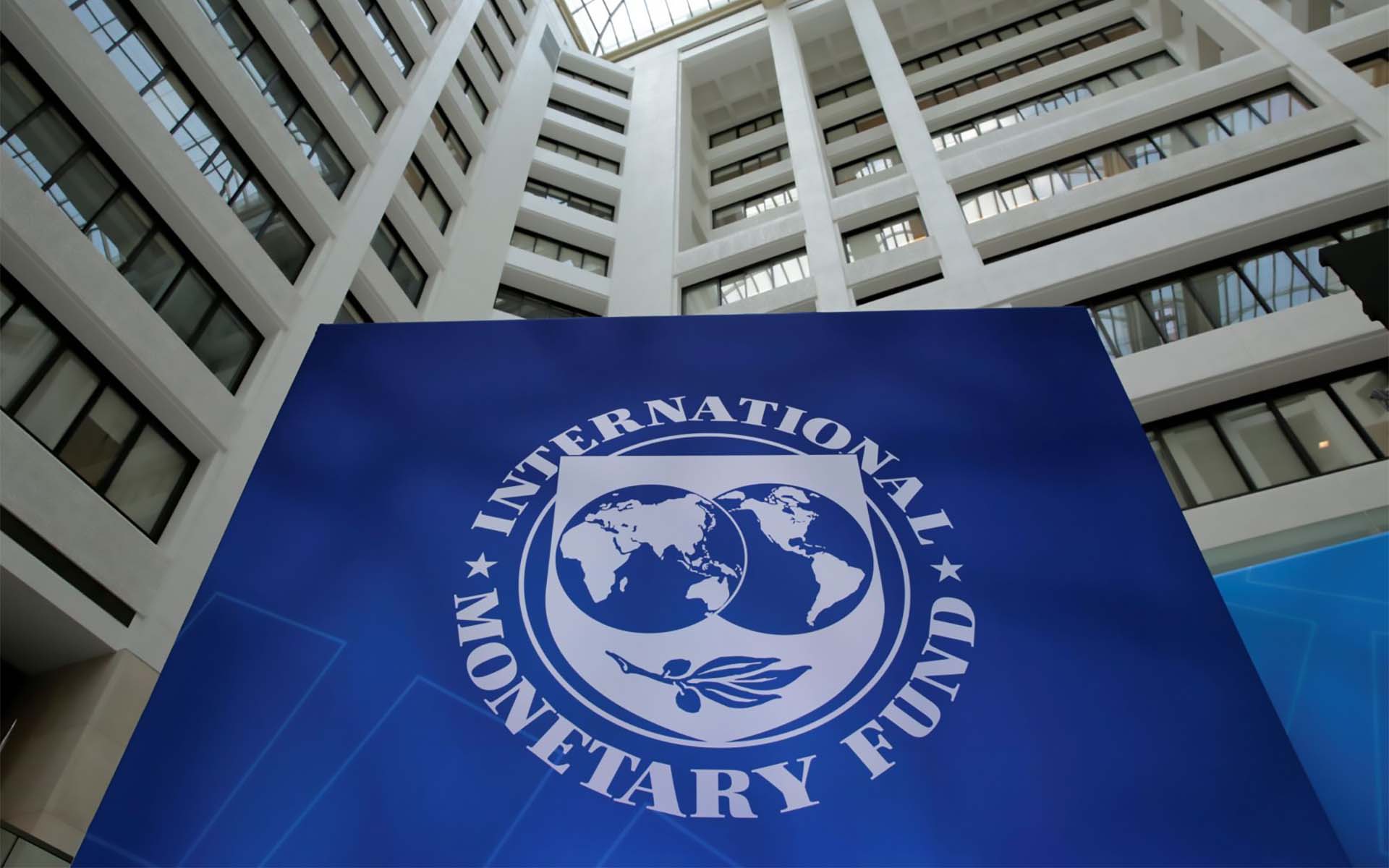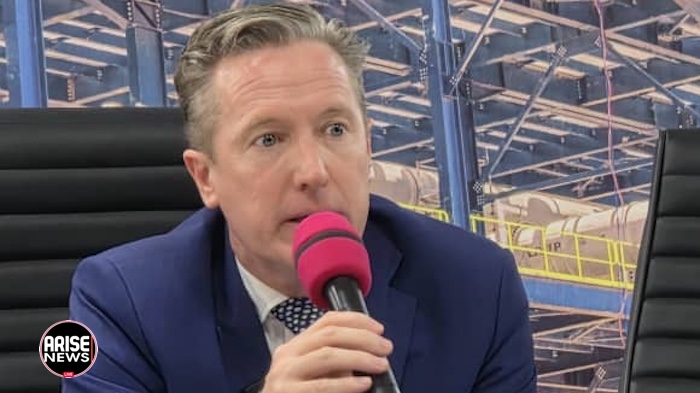
The International Monetary Fund (IMF) has revealed that Nigeria does not rank among Africa’s fastest-growing economies, even as it projects improved growth for the country in 2025.
According to the Fund, Benin Republic, Côte d’Ivoire, Ethiopia, Rwanda, and Uganda have emerged as Africa’s top performers and are now among the world’s fastest-expanding economies — buoyed by policy reforms, improved fiscal management, and sustained investment in manufacturing and infrastructure.
The disclosure was made by Abebe Selassie, Director of the IMF’s African Department, during the launch of the latest Regional Economic Outlook for Sub-Saharan Africa, held on Thursday.
Selassie said overall growth in the region is projected to stabilise at 4.1 per cent in 2025, with a modest recovery anticipated in 2026, driven by macroeconomic reforms in key economies.
“Benin, Côte d’Ivoire, Ethiopia, Rwanda, and Uganda are now among the fastest-growing economies in the world,” Selassie said. “This reflects ongoing progress in macroeconomic stabilisation and reform efforts across the region.”
He, however, cautioned that global turbulence including weaker demand, softer commodity prices, and tighter financial conditions continues to challenge Africa’s post-pandemic recovery.
Nigeria’s Growth Improving, But Still Lagging
The IMF’s exclusion of Nigeria from Africa’s high-growth list comes despite an upward revision in its growth forecast for the country. The Fund now expects the Nigerian economy to expand by 3.9 per cent in 2025, driven by stronger oil output, improved investor sentiment, and more supportive fiscal policies.
The latest projection marks a 0.5 percentage point increase from its previous estimate and builds on the 3.4 per cent forecast published in July itself an upgrade from the 3.0 per cent growth projection in April’s World Economic Outlook.
Similarly, the National Bureau of Statistics (NBS) reported that Nigeria’s GDP grew by 4.23 per cent year-on-year in the second quarter of 2025, up from 3.48 per cent in the same period of 2024, a reflection of modest recovery in both oil and non-oil sectors.
Despite this progress, the IMF warned that Nigeria’s growth remains below potential, urging the government to intensify structural reforms, expand non-oil revenue, and improve electricity supply to unlock stronger, sustainable growth.
Debt, Banking Risks Rising Across Africa
The IMF raised fresh concerns about rising financial vulnerabilities in Nigeria and other African economies, warning that many governments’ growing reliance on domestic bank borrowing could pose risks to financial stability.
Selassie explained that with access to foreign loans tightening, African governments have increasingly turned to domestic lenders — a trend that has deepened what the Fund calls the “sovereign-bank nexus.”
“In about half of the cases, public debt is now held by domestic financial institutions,” he said. “This strengthens resilience in the short term but also heightens risks to banking sector stability.”
The IMF cautioned that in countries with high debt and elevated interest rates, this dynamic could lead to pressures on banks’ balance sheets. It called for stronger regulatory oversight, improved capital buffers, and transparent debt management to reduce systemic risk.
Policy Priorities: Revenue, Transparency, and Fiscal Discipline
To strengthen resilience, Selassie outlined two major priorities for African governments domestic revenue mobilisation and sound debt management.
He recommended modernising tax systems through digitalisation, pruning wasteful tax expenditures, and improving compliance, while urging leaders to build public trust in tax institutions.
On debt management, the IMF advised governments to increase transparency, publish comprehensive debt data, and strengthen public financial management to reduce borrowing costs and attract alternative financing.
IMF Commends Nigeria’s Policy Direction
Despite its exclusion from Africa’s top growth list, the IMF acknowledged that Nigeria’s recent fiscal and monetary policy reforms have been broadly positive.
At the 2025 IMF/World Bank Annual Meetings in Washington, officials from the Fund’s Fiscal Affairs and Monetary and Capital Markets departments described Nigeria’s fiscal stance as “neutral,” meaning that spending and taxation are balanced in a way that supports monetary policy without stifling growth.
“Currently, what we are projecting for Nigeria is a neutral fiscal stance,” said Davide Furceri, Division Chief at the IMF. “This position supports the Central Bank’s efforts to reduce inflation.”
Furceri praised Nigeria’s reforms in tax administration and expenditure efficiency, noting that recent laws have helped streamline tax codes, ease business burdens, and cut wasteful spending.
He added that beyond revenue mobilisation, Nigeria could boost inclusive growth by redirecting spending toward social protection programmes for vulnerable groups.
Exchange Rate Flexibility Paying Off
In his presentation of the Global Financial Stability Report, the IMF’s Director of Monetary and Capital Markets, Tobias Adrian, commended Nigeria’s decision to adopt a more flexible exchange rate regime, describing it as an important step toward restoring policy credibility.
“A depreciating exchange rate is not necessarily negative,” Adrian said. “It can help restore equilibrium and strengthen external buffers. Nigeria has made significant progress on this front.”
Jason Wu, IMF Assistant Director, also noted that Nigeria’s stronger foreign exchange management and improved revenue collection have contributed to a decline in inflation from above 30 per cent last year to around 23 per cent in 2025.
Persistent Challenges Ahead
While recognising recent progress, the IMF warned that Sub-Saharan Africa continues to face multiple headwinds including rising debt service costs, capital flow volatility, and declining foreign aid.
Selassie urged African governments to maintain fiscal discipline, strengthen debt transparency, and deepen regional trade integration to enhance resilience.
“African economies must continue to improve fundamentals on fiscal, monetary, and structural fronts while building stronger intra-African trade links,” he said.
The IMF reiterated that boosting growth is critical to easing debt burdens and sustaining progress toward poverty reduction.



